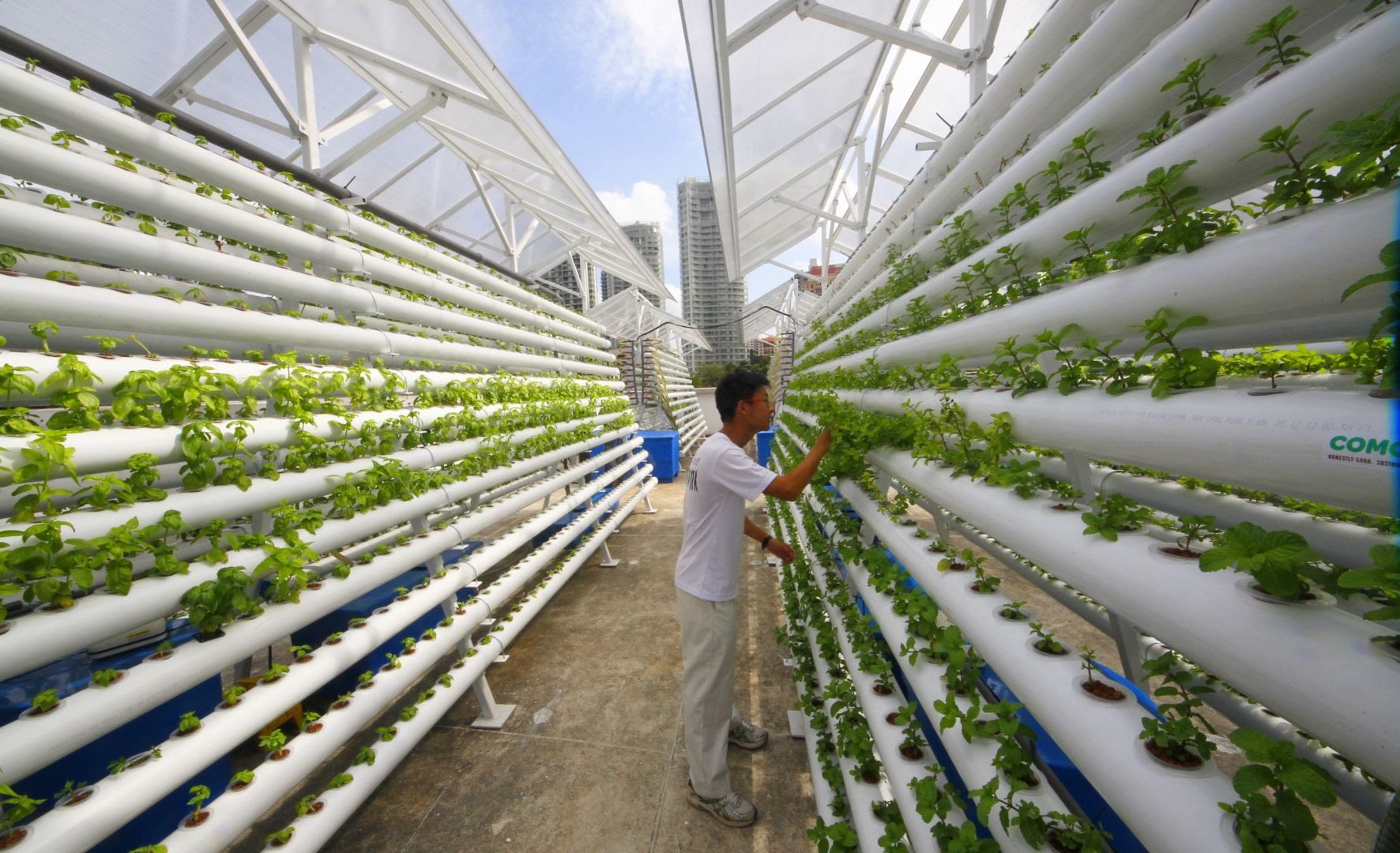Energy Efficiency in Agriculture
Agriculture is one of the most important sectors in the manufacturing industry. Energy inputs are found in every stage of production, from making and applying chemicals to fueling tractors that lay seeds and harvest crops to electricity for animal housing facilities. This significant energy consumption has left farmers vulnerable to high energy costs and volatile energy market fluctuations that impact fertilizer costs as well. If implemented effectively, energy efficiency measures can help agricultural producers save energy without harming productivity. Effective policies, including educational training and incentives for energy efficiency improvements, can help farmers to enhance their operations.
Fuel and electricity use on farms is just as important to sustainability and energy savings, as use of soil and water. Energy efficiency is an integral part of sustainable agriculture. While farms have almost doubled their average energy efficiency over the past 25 years, most farms still have good opportunities to save energy and money.
When the terms “conservation” and “efficiency” are distinguished from each other, “conservation” generally means reducing total energy usage (for example, using fewer gallons of fuel), while “efficiency” means increasing the work or yield per unit of energy (for example, getting more miles per gallon). Some farms and ranches are able to capture substantial energy savings by maintaining equipment better, improving building efficiency, and/or installing new high-efficiency motors or lighting.
In many cases, the energy needed to heat water or refrigerate agricultural products can also be reduced through conservation and application of more efficient technologies.
Agricultural producers can reduce the energy required to heat and cool their homes and farm buildings by sealing the exterior to reduce air infiltration and increasing the insulation properties of all exterior walls, windows, and doors.
Greenhouse operations can reduce heating costs by implementing conservation measures or make better use of alternative fuels such as waste vegetable oil, shelled corn, or wood to reduce or eliminate the consumption of fossil fuels.
Client:
Energy Efficiency in AgricultureDate:
March 10, 2020










